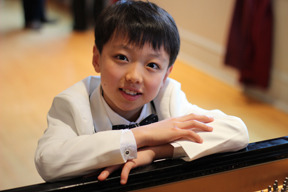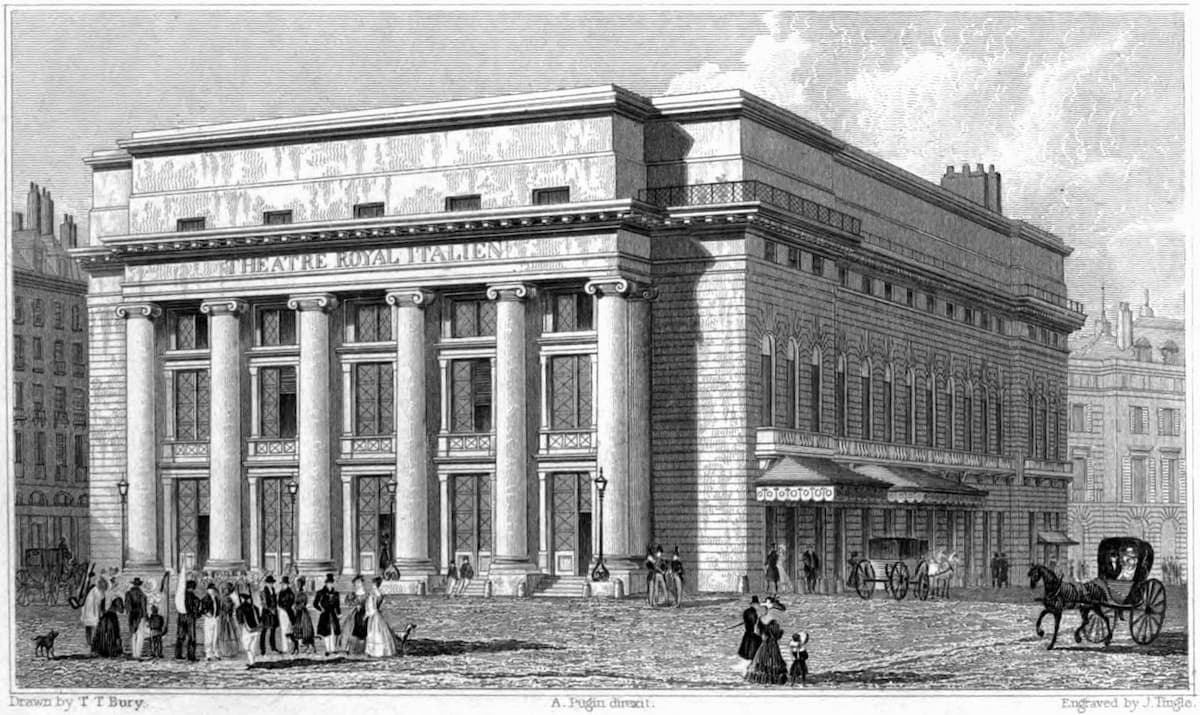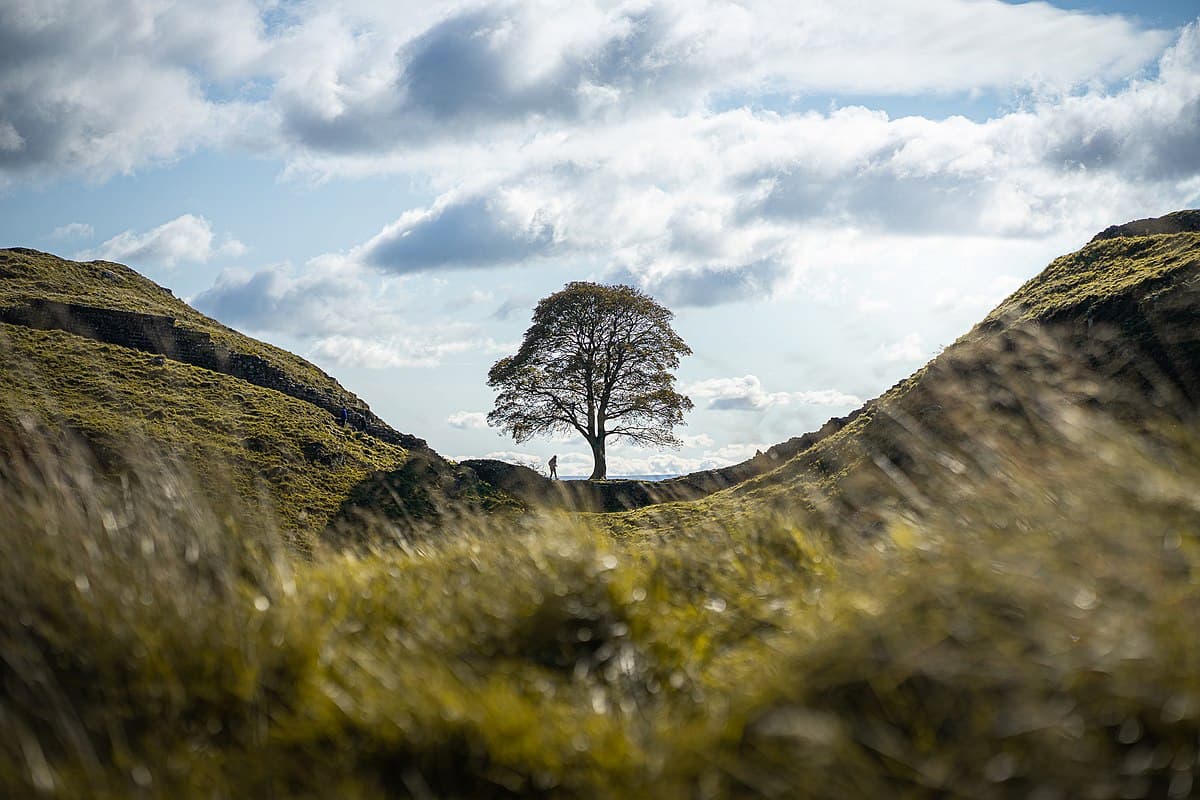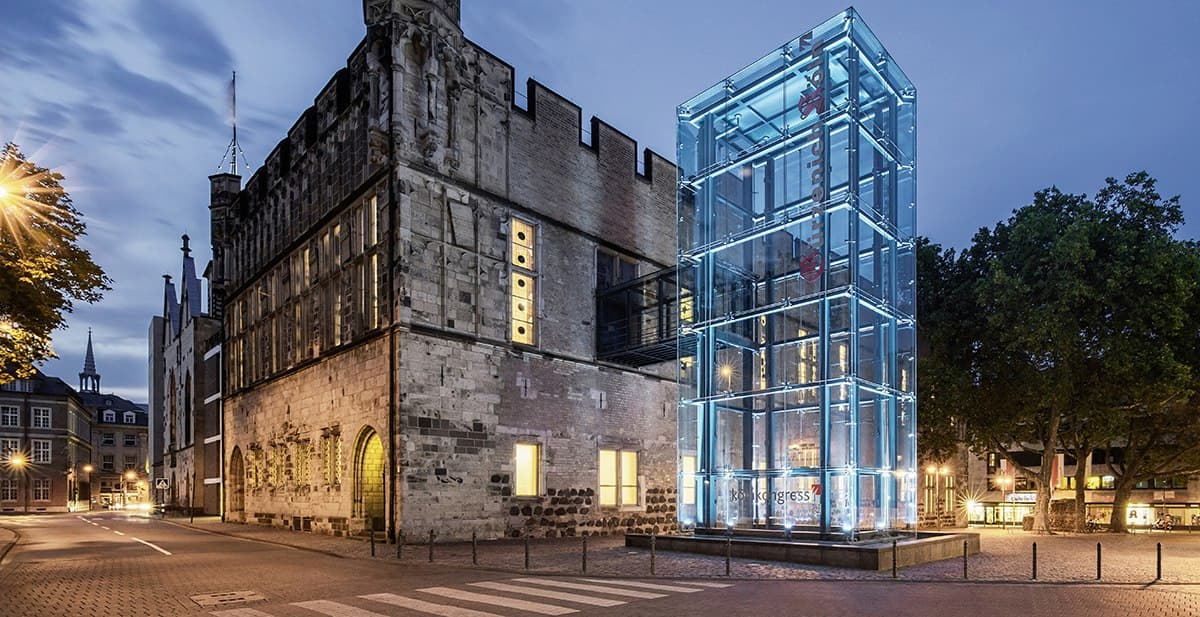
Nathan Lee
Credit: http://www.lwsd.org/
I asked them both how they got involved with Perugia:
NL: My teacher made me aware of the festival when I was 9. I thought it would be a cool idea to go to Italy to perform! My parents were supportive, and I’ve enjoyed it ever since! I’ve been there for 3 years now, and am going again this summer.
VH: We were researching different festivals in Italy, and we found Perugia. The timing was right, since I was playing at a couple of other festivals in Italy, and could still make it to Perugia in between these others. I went a couple of years ago, and am returning again this summer.
With a typical day at the festival involving multiple lessons, recitals and masterclasses, no wonder these two are eager to return!
NL: You wake up, and then after breakfast you usually practice for 2 hours. There’s then a lesson or masterclass (or sometimes both), then time off for lunch. There are additional master classes you participate in or attend after lunch. After master classes in the afternoon, there are mastery recitals by faculty members before dinner. After dinner at 6, there are student recitals and orchestra concerts alternating every evening which you are required to attend.
Previously, I discovered Ilana Vered and Peter Hermes’s love of the festival’s setting, and most importantly, the wide range of experiences (not just musical) they give their participants, and this is something that clearly has rubbed off on our young pianists.
NL: Peter and Ilana try to make it so we can travel around Italy sometimes to perform at different venues – I’ve been to play in Cortona, for example. I went to Florence in my spare time just to have a look around.

Vanessa Haynes
Credit: http://photos.instantencore.com/
I did feel a bit mean asking Nathan and Vanessa what their favourite part of the festival was, as it seemed like an impossible question to answer. However, they took the plunge and gave me two very different (but no less valid) responses…
NL: One of the most enjoyable things is getting the chance to play with the orchestra. When I was nine I played the Bach D minor concerto, and the year after that I played the third movement of Mozart No.27. Last summer, I played the first movement of Beethoven 1. It’s an amazing opportunity!
VH: My favourite thing is the community, the people, the family you make. You get to know so many other great musicians who are the same age, who understand you. We all learn from each other, and make new friends and family in the same circles. You stay friends forever – I met one of my best friends there in 2010 and we still talk every week! When you’re there, you’re busy but not in a stressed way. There’s always something on the agenda, and everything is worth going to. There are frequent masterclasses, and private lessons with some of the piano MASTERS! If you’re going with your teacher, you can have extra lessons with them too. You learn a lot, you hear a lot. There’s good music, and good food!
Sunny climate, great music, great food, amazing culture… these are some incredibly lucky young pianists, all of which will have worked hard to participate in what is undoubtedly a highly competitive festival. As a young musician having participated in festivals and orchestras, these are some of the most enjoyable times of life, and the opportunities that Perugia gives will certainly contribute to these musicians’ happy memories.
Official Website




